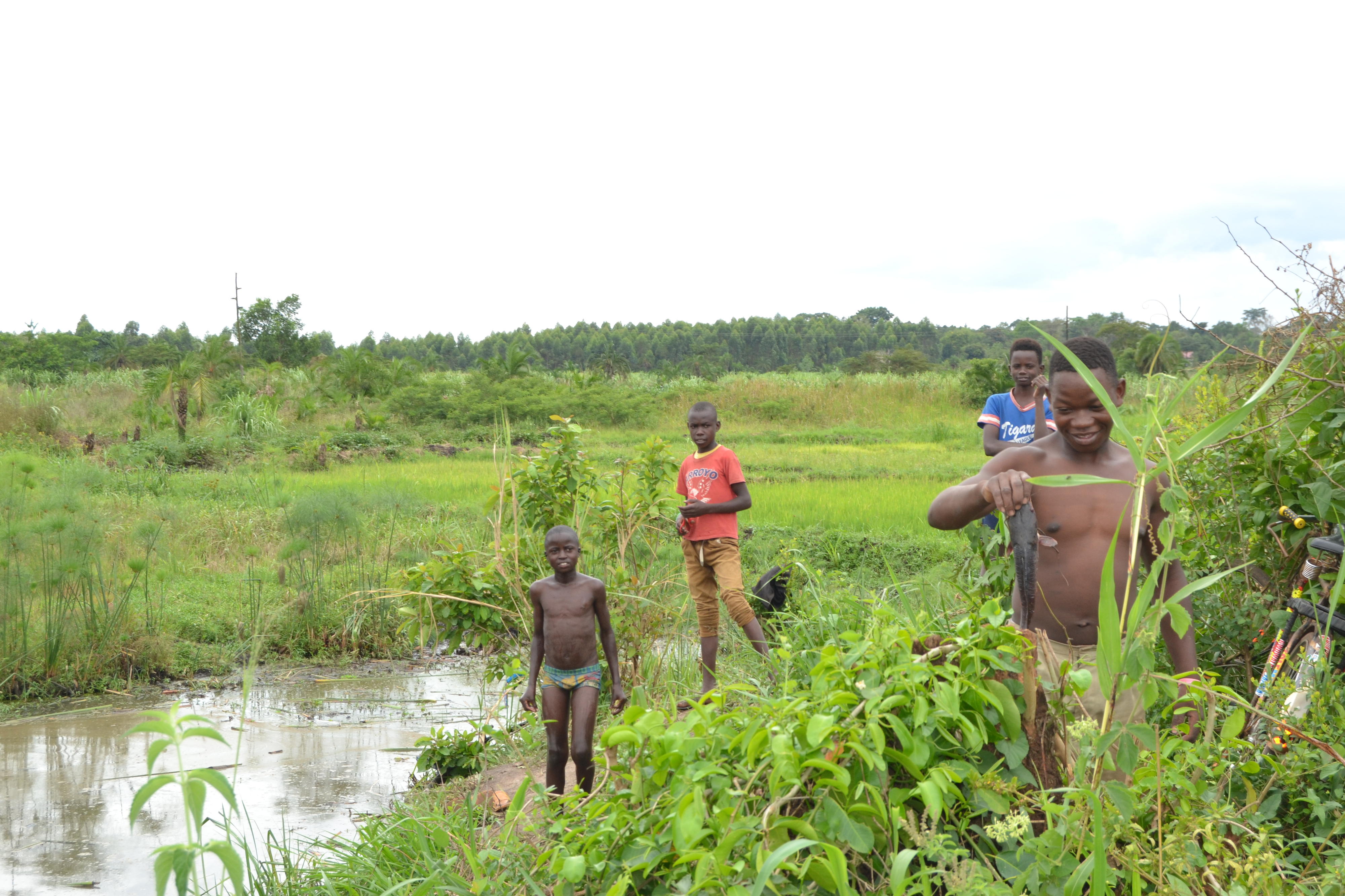Prime
Muslims to celebrate Idd-ul -Adhuha on June 16

Muslims gather at Ndorwa Primary School playground in Kabale Town to celebrate Idd. PHOTO/ROBERT MUHEREZA
Muslims around the globe will celebrate Idd-ul-Adhuha on June 16 following the sighting of the new crescent moon.
According to Dr. Sheikh Ziyad Swaleh Lubanga, the director of Sharia at Uganda Muslim Supreme Council (UMSC), the office mandated to announce Islamic public holidays, the new moon was sighted on June 6 which signifies the start of Dhul Hajj, the 12th month on the lunar Islamic calendar.
Idd –ul-Adhuha Day annually falls on the 10th day of Dhul Hajj, during which Muslim faithful perform the pilgrimage to the holy cities of Mecca and Medina in Saudi Arabia.
“I wish to inform the Muslim community and the wider public that the Day of Arafat (9th day of Dhul Hajj), when pilgrims will assemble on the plains of Mount Arafat at the peak of Hajj rituals, will be on Saturday, June 15. The following day, Sunday, June 16, will be Idd-ul –Adhuha , the Feast of Sacrifice,” he said in a statement issued on June 7.
Idd-ul-Adhuha, is the second grand feast which Muslims celebrate to mark the end of the year ,according to the Islamic calendar. It is a feast of sacrifice in commemoration of Prophet Ibrahim’ s willingness to obey God’s command to sacrifice his only son Ismail and the latter’s consent to being sacrificed.
However, he was later commanded to spare the boy and instead kill a sheep.
Idd ul-Adhuha is different from Idd-ul-Fitr, which was celebrated on April 10 at the end of the holy month of Ramadhan.
Unlike Idd ul-Fitr, next Sunday’s Idd prayer is performed early in the day to enable those with intention to slaughter animals to have meat for lunch and traditionally lasts for four days –meaning the festivities will continue up to June 12.
The faithful are supposed to leave home without a meal until after the completion of the prayers.
Dr Lubanga implored all Muslim faithful to intensify acts of devotion such as offering charity to less privileged members of the community, fasting, recitation of the Holy Scripture, the Koran, visiting the sick, and preparing sacrificial animals, among other righteous deeds.




